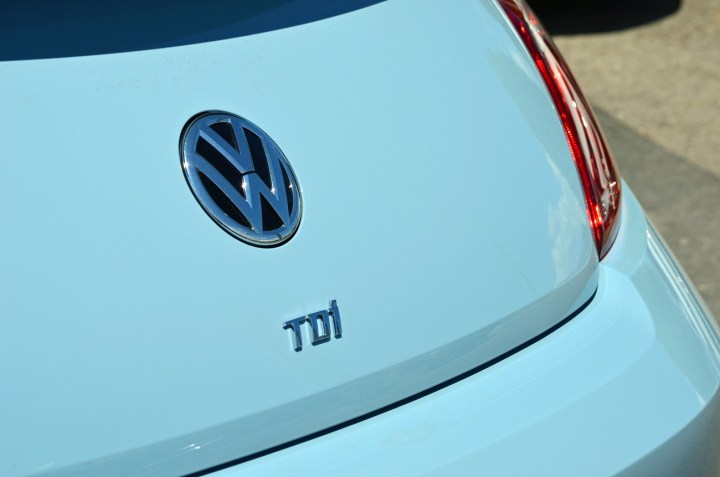
“These violations are very serious. We expected better from Volkswagen,” said the EPA during a conference call.
Working jointly with a nongovernmental organization named International Council on Clean Transportation, researchers from West Virginia University set off the scandal that’s quickly becoming known as Dieselgate when they noticed that older, diesel-powered Volkswagen models polluted a lot more in real-world situations than when they were being tested for emissions. A report published by trade journal Automotive News explains Volkswagen initially brushed off the allegations by blaming the discrepancies on “various technical issues and unexpected in-use conditions.”
Further investigation revealed that Volkswagen developed a highly advanced software algorithm that detects when a car is being tested for emissions and automatically turns on emissions control systems. The software turns off the systems when it detects that the test is over, resulting in better performances but exhaust gasses that are anywhere between 10 and 40 times dirtier than they should be.
Volkswagen boss Martin Winterkorn issued an official apology, and the Wolfsburg-based car maker’s top executives say that they are cooperating with the EPA’s investigation. The company will also launch its own external investigation into the matter.
A stop-sale order for all 2015 Volkswagen and Audi cars equipped with a 2.0-liter TDI four-cylinder engine has been issued, and the EPA has refused to certify 2016 models equipped with the TDI in question until further notice. These two actions are a huge blow to Volkswagen’s struggling U.S. arm because diesels represent approximately a fifth of its sales.
Federal law allows the EPA to fine Volkswagen up to $37,500 per vehicle in violation of the regulations, a hefty sum that, if applied, would amount to over $18 billion. The Justice Department is working with the EPA, and the company could end up facing criminal charges as well.
“This is several steps beyond the violations that we’ve seen from other auto companies. They appear to have designed a system with the intention to mislead consumers and the government. If that’s proven true, it’s remarkable and outrageous. It would merit a heck of a lot more than just a recall and a fine. We would see criminal prosecution,” said Tyson Slocum, the director of a consumer advocacy group called Public Citizen, in an interview with The New York Times.
The Obama administration has also ordered Volkswagen and Audi to recall and fix the roughly 482,000 affected cars, which includes Jettas, Beetles, Golfs, Passats, and A3s built from 2009 to 2015. Whether diesel-powered Volkswagens and Audis sold abroad are also fitted with the defeat device isn’t known at this point, but European regulators are keeping a close eye on the EPA’s investigation.



